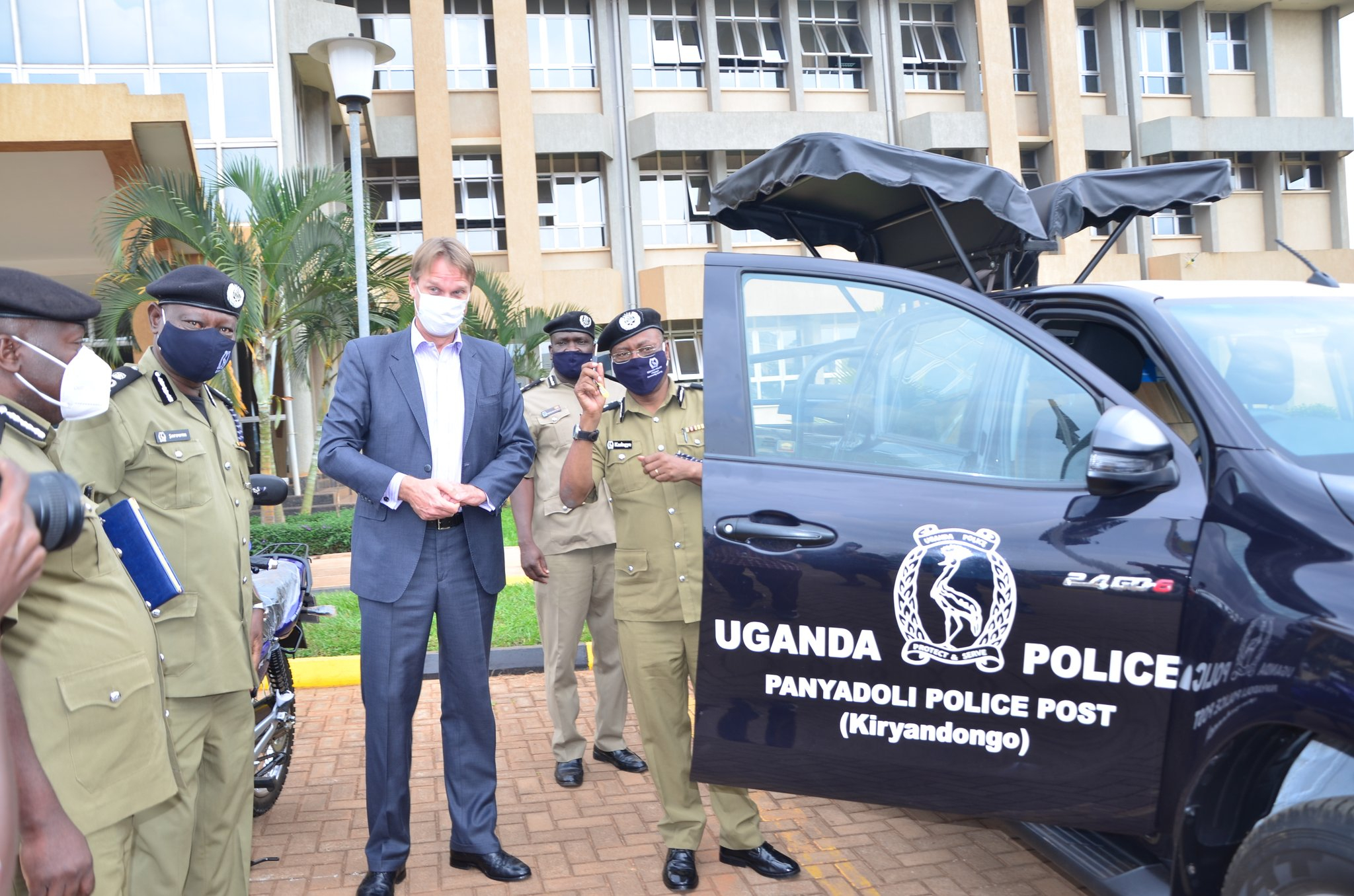At the end of May, news spread that Ugandan President Yoweri Museveni had signed a law that includes draconian new measures targeting the LGBTI community, including life imprisonment and the death penalty. International condemnation was swift, including by the Netherlands. Minister for Foreign Trade and Development Cooperation Schreinemacher announced the immediate suspension of law enforcement programmes amounting to some €25 million, and that further measures were being looked at. In an interview, Minister Hoekstra (Foreign Affairs) demanded that EU aid to Uganda – amounting to some €278 million – cease.
It is laudable and necessary that ministers care about the plight of the LGBTI community. At the same time, it’s important to highlight the risks and limits of what, in this case, can only be understood as knee-jerk diplomacy.
Such measures can be counterproductive because they are perceived as hypocritical by the Ugandan people and civil society. One striking example: in November 2020, at least 54 people were shot by security forces at protests in Uganda's capital Kampala, many of them innocent bystanders who were deliberately targeted. Research by de Volkskrant in 2021 showed that Dutch aid was in part directly responsible for this repression, as the security forces used police vehicles which were part of the Justice, Law and Order Sector (JLOS) funding provided by the Netherlands. Although one payment was cancelled, the programme eventually continued. Hardly any Ugandan security forces, responsible for these acts, have been tried for these crimes – contrary to Minister Schreinemacher's statements on the matter. In response to a parliamentary question, she stated on 19 October 2022 that “in response to the November 2020 violence, 66 officers have so far been convicted” – something she in a later statement (22 December 2022) attributed partly to Dutch pressure. This is incorrect: both the relevant government report and the Ugandan press show that it was 66 civilians who were convicted, not policemen. In other words, 66 participants in the protests were convicted, making this a further example of repression, not accountability. Statements like these also overstate the political effect of aid. A common explanation for the continuation of aid to repressive governments is that it ‘buys a seat at the table’. Yet, as both the history of the Museveni government and the relevant academic literature on this show, this argument conflates access with impact.
The possible discontinuation of Dutch funding to JLOS fuels the perception of ‘Western hypocrisy’ in Uganda. One Ugandan colleague summed it up for me: “People wonder why the West is so concerned with the LGBTI community, but not when my neighbours are kidnapped and tortured.” (A reference to the abduction and torture by security forces of at least 1000 opposition members since the 2021 elections.) This kind of Western intervention, therefore, contributes to hostility towards the LGBTI community and increases the popularity of Ugandan politicians who push these oppressive measures. Ultimately these interventions increase the perception that LGBTI issues are a form of Western imperialism, a plan to ‘recruit people into homosexuality’ – a common refrain across the country.
Damned if you do, damned if you don’t?
This might come across as a ‘damned if you do, damned if you don’t’ conundrum for the international community. Whether you intervene in response to the anti-LGBTI law or not, you’ll be criticized – respectively for doing nothing, or for being counterproductive. But it’s not. It’s a matter of building a sustained human rights policy and human rights centred diplomacy. In the absence of this – which unfortunately is the case for many, if not all, donor countries – there are two crucial takeaways from by research on this issue. International actors need firstly a long-term vision, and secondly the involvement of local actors, who are much better at assessing what may or may not work, and in what way. Last week, for instance, Uganda's main coalition of LGBTI organisations (Convening for Equality Coalition) called on donors to review, and potentially restructure, aid – not necessarily to stop it. In their press release they also explicitly refer to targeted sanctions for human rights violations in general – rather than specifically in response to this law.
And finally, an important nuance: the above friction should of course not be an excuse for a further intensification of hatred towards Ugandan pro-LGBTI activists. In online spaces, these have been blamed for ‘only wanting to curry favour to the West’, or being ‘self-centered hypocrites’. The hypocrisy is not on them, who are in real danger. It further shows the need for a more comprehensive human rights response by the international community when dealing with Uganda, however difficult this is.
Kristof Titeca is Professor of Development Studies at the University of Antwerp, and has worked around Uganda for over 20 years. His latest book is ‘Nasser Road. Political Posters in Uganda.


